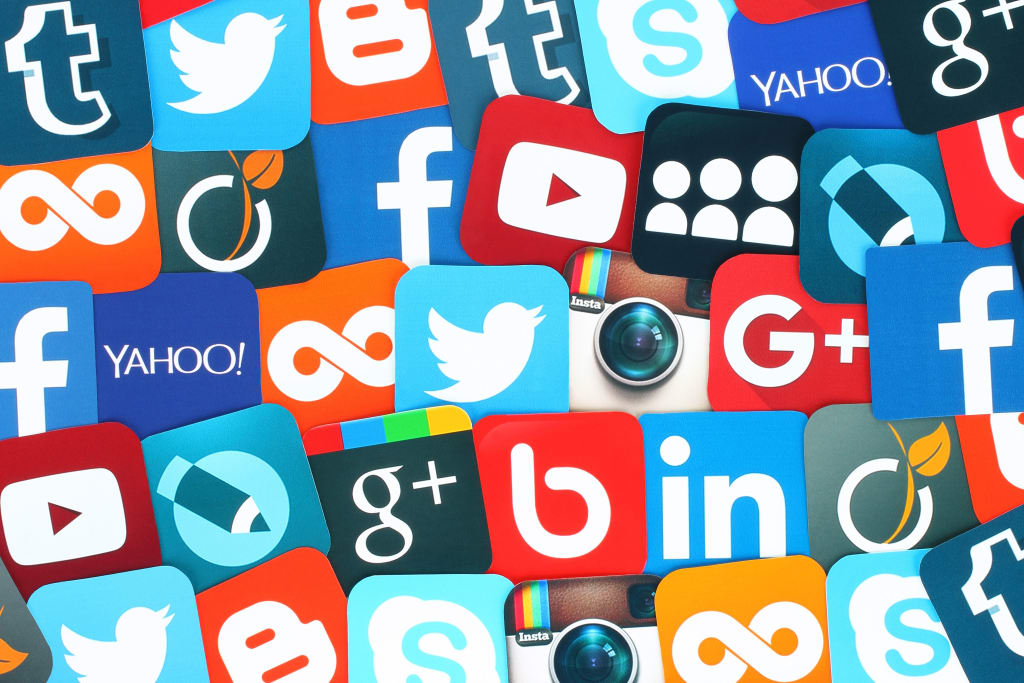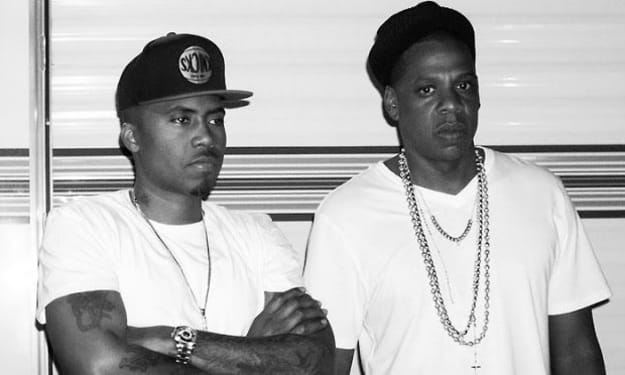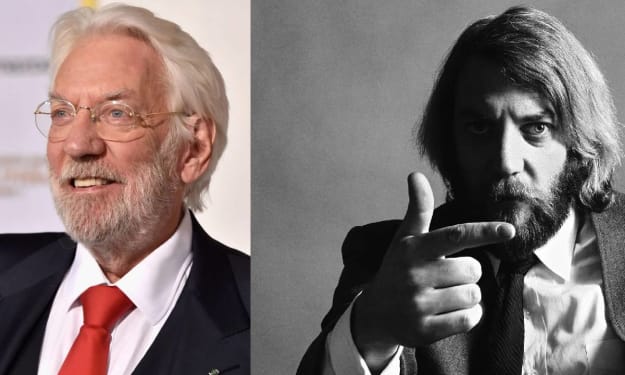Social Media Isn't That Social
The social is being removed from social media.

By Brian Salkowski
The role of a early aged millennial was quite simple looking back at it now. The social norms of today would blush in guilt at the social norms of yesterday. It was roller skating and malls. Corners and stoops. Movie theaters and a time to meet a friend or date. Then suddenly things began to get technical for lack of a better word. While the president of the United States was having his own meetings in his oval office with a young intern, the internet was born. After all, if it wasn't for the internet, The Drudge report would not have materialized and Bill Clinton wouldn't of been the target of Ken Star. In 2001, just as a young Mark Zuckerberg was probably entering college, America paused. On September 11, 2001 terrorists hijacked planes and flew them into the twin towers & the Pentagon. Over 3,000 people were killed. Everything was about unity then. America banded together under the leadership of an incoming Republican president. It was the millennials Pearl Harbor moment. Everyone knew where they were and what they were doing when those horrific events took place. There was even, for a week or two, no MTV no VH1 it was wall to wall coverage of the attack on our homeland. Aside from a few college sociology professors, no one would notice a looming shift in the culture. A shift that seemed to be so fitting for the everyday millennial.
Google pushed out Netscape, new sites let customers review products, not just buy them, and marvelous tools unleashed unprecedented ways for people to fashion their identities, build a personal network and publicize their experiences and opinions. Remember the opening motto of YouTube: “Broadcast Yourself.” this was an exciting time for the millennial entering their twenties. To have a life impacting event like 9/11 to be replaced with all of this new innovative technology that had a general theme to it- socializing without the social. America online emerged offering chat rooms and direct messaging. Teenage and 20-year-old millennials ate it up. It seemed every other couple months a new feature was added or a whole new program in itself was created. Enter My Space. My Facebook.
That was the social impact of "Web 2.0": the personal empowerment, the individual “customization.” In handing so much control to users over the “inputs” in their hours so that they could ever more diligently match consumptions and interactions to their preferences, Web 2.0 promised a more pleasing, less disagreeable engagement with the world. Users could limit themselves to congenial news sources, consumer goods and fellow human beings. The misfortune of turning on the TV or entering the public square and hearing odious (to you) opinions need no longer happen. You could shut out what affronts you. This was the oft-noted “Daily Me” more and more people constructed, a bubble of self-affirming contacts. Young millennials loved it the most. With free time and lots of it (thanks to the housing market crash of 06'), they quickly exploited these tools well in advance before the adults and that mobile flip phone they would buy, coming to that young millennial for advice on how to set it up, oblivious to the amounts of knowledge they had already collected in the early invention days of these products. They were experimenting and innovating while boomers were watching CBS News and paying bills by check just as they had in 1990.
This added a powerful arsenal to the dynamics of youth society, an environment of up-and-down relations, sore confusions, needy egos and inventive cruelties. The millennial at home could go to her room, shut the door and log on, chat and text, send and receive, talk and watch and listen for hours. And if a mean girl cut in and threw a slur, she could remove that offender with a simple click. If a news source peddled takes, she didn’t like, she could block it, just as she could block unwanted text messages, too. Facebook offered lots of friends and an “unfriend” button as well.
This filtering process went on for hours a day for many years of their lives, years during which a person’s civic sense starts to form. In their little private worlds, millennials saw no reason they should have to put up with noxious persons and ideas. This is My Space — get out!
Very well, but they forgot a crucial distinction: The norms of the bedroom may run on comfort and affirmation, but the norms of public affairs run on the First Amendment. An open society cannot function without high levels of tolerance and citizens with thick skins. During the early days of the "me,me,me" era, millennials didn't really pick up on the concept of the first amendment, free speech and just the appreciation of living in a country where you can say what you want without persecution. These gems that make our country so unique were taken for granted. Instead, they would shut down any personal antagonists at home, and it induced them to believe they could do the same outside the home once they left school and joined the adult world.
And that's the clincher ladies & gentleman. Millennials have been primed for this. It’s not political, really, it’s personal. In the 80s and 90s the escape was the local playground or a stoop with a little "primo" weed. Today the weed is fentanyl & the real danger is "systemic". They have merely transferred the "more, more, more's" of the wired teen bedroom to American society at large. Essentially what is happening is by cancelling the opposition to their isolated ideological bubble, they are depriving themselves of something so precious & so fragile. No not the HDMI cable. The deprivation of the human experience. Face to face, physical interaction became obsolete. A orange Boogeyman became president of the United States, writing mean tweets on the same platform millennials felt ownership to. Enter the cancel culture. But this time it was Cancel Culture 3.0. Not only were millennials trying out this new way of avoidance, adults joined in. For 4 years Democratic legislators tried at nauseam to cancel Donald Trump out of office by exaggerated accusations and melting snowflakes. Some would say the cancel war won with the entrance of Joe Biden. As we see, the buyers remorse is blatant. In the fall of 2021, inflation surged to a level never seen before since 1989. Then gas prices. Than supply issues, cognitive problems led to poor messaging & covid 19 was the pre text for all things crazy.
The saddest part of all this is a generation in flux. If you're not a secure, strong-willed person, you can fall prey to all of this. I see it everyday. According to a Consult/Politico** poll, 40% of millennials approve of cancel culture and 37% disapprove (the rest have no opinion). Only 26% of boomers approve, about half as many as disapprove (49%). So is there a solution to this? A dynamic & committed group of informed adults? A vigorous youth group (s) that will push and remind their peers of how important free speech and the ability to express without any punishment is our right? Who knows. For right now, as I said before the more they descent into this, the hammer will chip more pieces away from the human experience that is not just needed. It's mandatory for good health socially & mentally and to prevent the next generation to not just cancel out what they perceive as the enemy, but to prevent cancelling themselves out completely like a algebra problem from hell.
**Politico's Website
About the Creator
Brian
I am a writer. I love fiction but also I'm a watcher of the world. I like to put things in perspective not only for myself but for other people. It's the best outlet to express myself. I am a advocate for Hip Hop & Free Speech! #Philly
Enjoyed the story? Support the Creator.
Subscribe for free to receive all their stories in your feed. You could also pledge your support or give them a one-off tip, letting them know you appreciate their work.






Comments
There are no comments for this story
Be the first to respond and start the conversation.